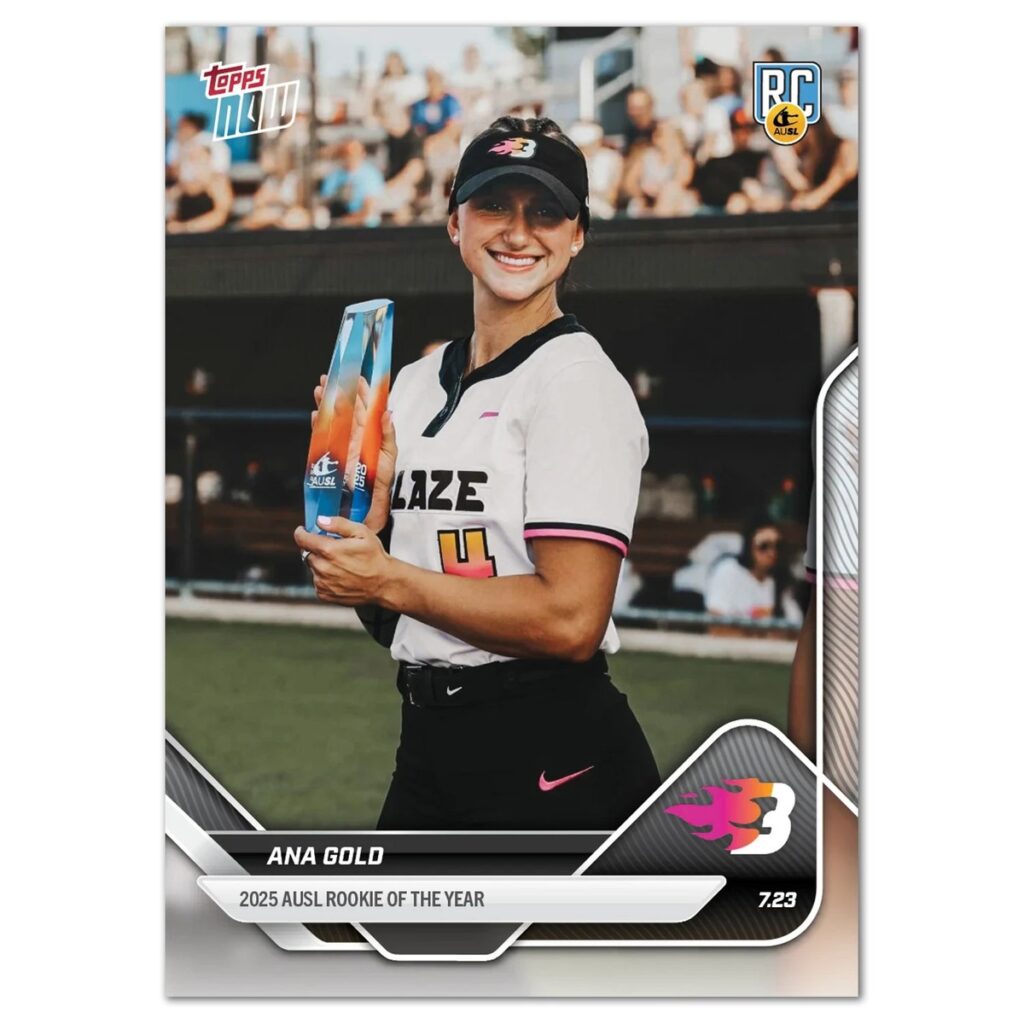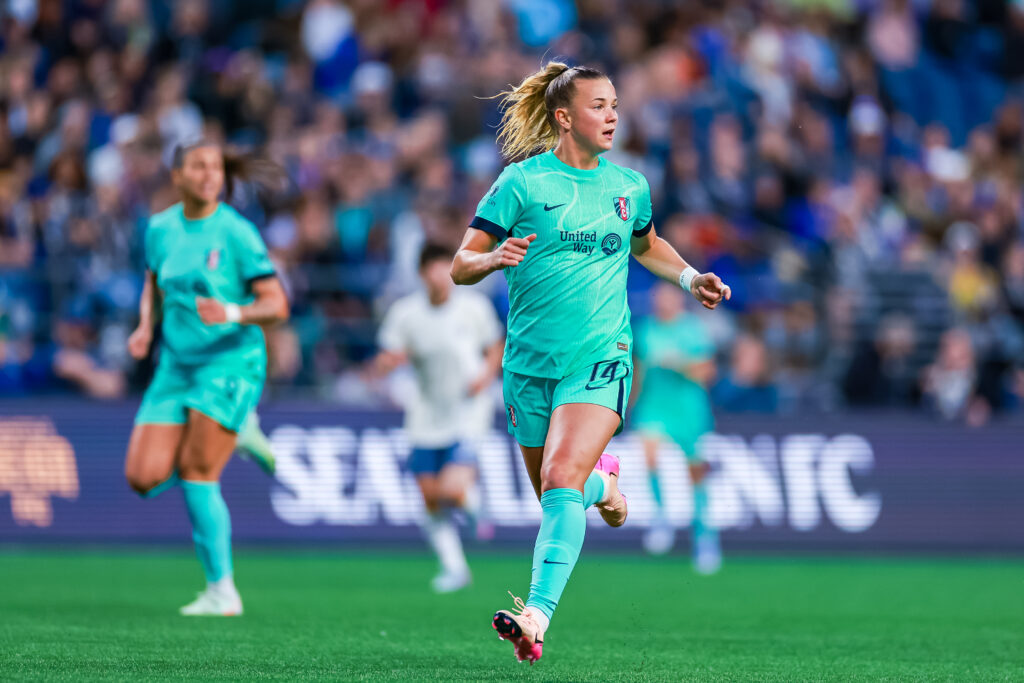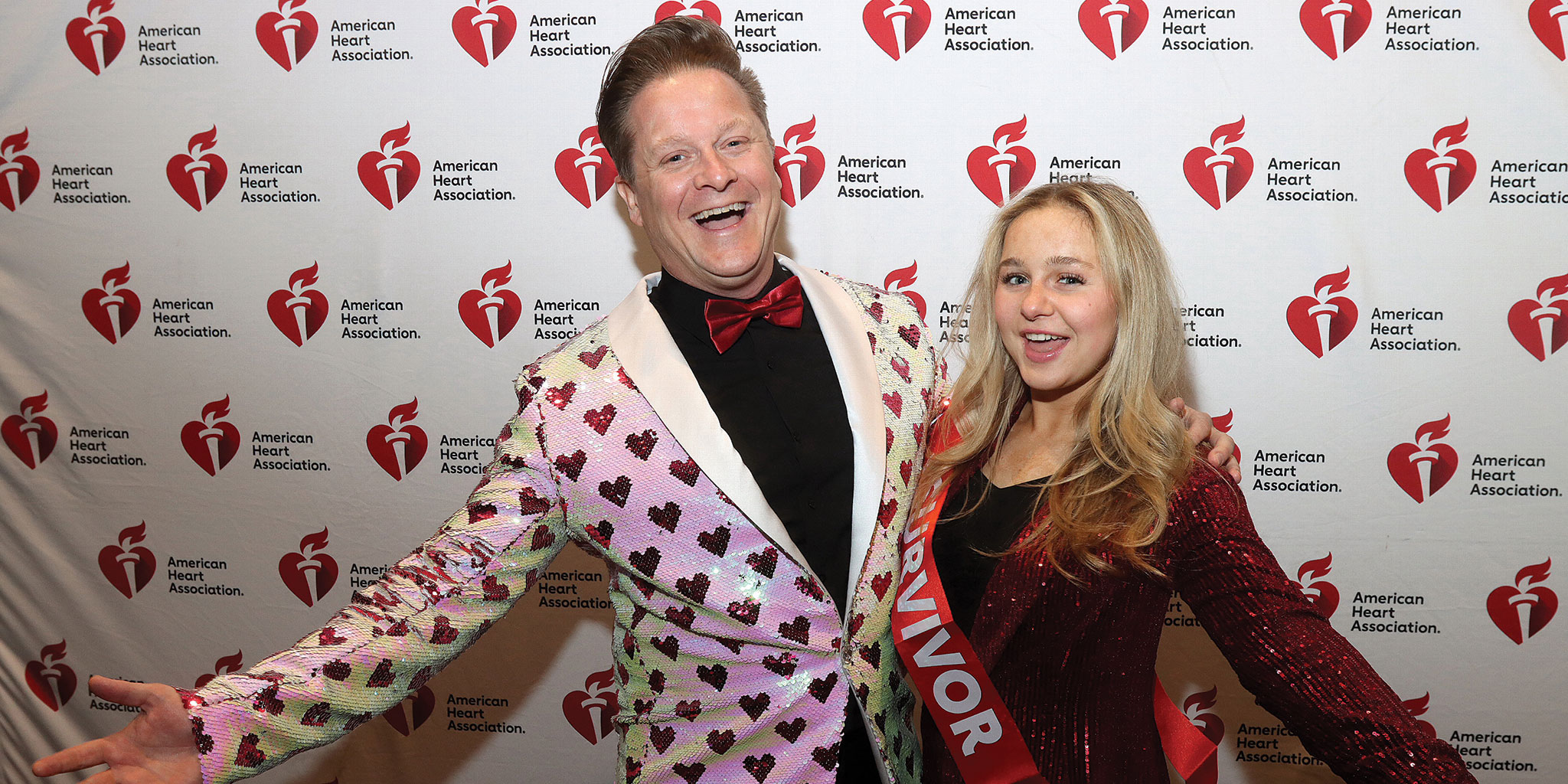In April 2024, history was made when, for the first time ever, the NCAA women’s basketball championship game between the South Carolina Gamecocks and the Iowa Hawkeyes drew more viewers than the following night’s men’s championship game. The occurrence was credited to what media outlets called the “Caitlin Clark Effect”—millions of viewers tuned in to see if generational talent Caitlin Clark, who’d recently blown up on social media, could win her team its first NCAA title.
While the hype surrounding Clark was certainly warranted—despite not winning the championship game, she was picked first in the WNBA draft a week later—her rise to stardom came precisely at a time when women’s sports needed a hero. A national conversation that started in 2016 with the US National Women’s Soccer Team filing a complaint about pay inequalities with the US Men’s National Team had bubbled over in 2021, when videos showing disparities in the training facilities provided for the men’s and women’s NCAA basketball tournaments went viral on social media. In both cases, the excuse was made that men’s sports attracted more viewers than women’s sports did, and therefore more revenue. Following the 2024 NCAA tournament, that argument didn’t fly anymore.
Today, the US women’s soccer team players earn as much as their male counterparts, bars dedicated to showing women’s sports have been popping up across the country, and the number of sponsorship deals for female athletes has been growing at a rate that far outpaces the relative growth of male athlete sponsorships. But there’s still much work to be done. Caitlin Clark’s first-year salary with the WNBA was around $70,000. The first-year salary for Zaccharie Risacher, the NBA’s 2024 No. 1 draft pick, was $12.6 million.
Poised at the top of their respective games in an era when women’s sports are getting more attention than ever are Claire Hutton and Ana Gold, two young Capital Regionites who are proving that you don’t need to have XY chromosomes to get paid to play sports.

Hutton, who was once a standout soccer star at Bethlehem High School, is now 19 and in her second season with the National Women’s Soccer League’s Kansas City Current. In her rookie season, the midfielder started in 19 of her team’s 20 matches and was a finalist for the 2024 NWSL’s Rookie of the Year award.
Unlike Hutton, Ana Gold, a 2021 Ballston Spa High School grad who made a name for herself on the softball field, played four years of college ball at Duke before finding her way to the pros. This year, the infielder joined the Blaze, one of four founding teams in the fledgling Athletes Unlimited Softball League, which was formed as a new way for the world’s best players to compete professionally. In her first season with the Blaze, Gold was named Rookie of the Year.
When asked what initially sparked their interest in their respective sports, both Gold and Hutton credit an older brother.
“My whole family played baseball,” says Gold. “It was just part of our everyday lives. I started when I was around 5, and when I was 10, I switched to softball. I watched my brother, who was my hero, get recruited to play at Boston College, and I decided I wanted to follow the same path. When I was recruited to Duke University in the beginning of my junior year of high school, it felt like the culmination of years of hard work. But hard work I loved.”
At Duke, Gold played in 232 games and posted a .306 career batting average. She was a three-time All-ACC and two-time NFCA All-Region selection, and garnered both All-ACC Academic Team and ACC Honor Roll recognition. In 2024, she became the first Duke player in history to hit two grand slams in a single game, and that season led her team to the Women’s College World Series for the first time ever.
Going pro was a dream, but Gold knew it was a longshot in a sport like softball.
“The pro world was so small, it was hard to tell if it was even a possibility,” she says. But when the AUSL began drafting college players to participate in its inaugural season, Gold landed a coveted golden ticket signifying her selection to the league.
“Being a pro softball player feels like a dream come true,” she says. “And it never would have happened without my family, teammates, and my coaches from start to finish.”

Hutton, too, fell for soccer because of her brother, who’s 18 months older than her.
“I was 4 years old at the time, but being a younger sister, I always wanted to do what my older brother did,” Hutton says. “I begged my parents to get me a pair of cleats and add me to the team.”
Hutton was too young to join her brother’s team, but her parents found another one nearby. “From that moment, my love for the game sparked and I have never looked back,” she says.
At the age of 10, Hutton met Betsy Drambour, a local soccer legend who played for the US Women’s National Team in the 1980s. Since then, the pair have remained close—so close, that Hutton has her on speed dial.
“Betsy is one of—if not the—most selfless people you will ever meet,” Hutton says. “She is the ultimate soccer guru and has helped me dream bigger and see possibilities larger and wider than I could have even imagined.”
In 2018, Hutton made her varsity debut as a seventh grader; by the time she was a junior, she’d started competing on Bethlehem’s boy’s team. She graduated a year early and joined the Kansas City Current as a 17-year-old. Since then, she’s been called up to play with the US Women’s National Team on several occasions, including for a July 2025 match against Canada in which she scored her first international goal.
“Scoring my first international goal was the ultimate ‘pinch-me’ moment,” she says. “The best part of it all was that my family and Betsy were there. Having that moment to share with them was nothing short of extraordinary.”
Though they may not be household names with the power to uproot long-standing athletics industry norms like Caitlin Clark (yet!), Hutton and Gold are contributing to the long-overdue rise of women’s sports purely by dedicating their young lives to the pursuit of athletic excellence. But the fact that the tide is changing right as they reach the pinnacle of their careers hasn’t gone unnoticed.
“It is about damn time,” Hutton says of the rising support for women’s sports. “The recognition for female athletes is now starting to be put at the forefront and I couldn’t be more excited to be a part of this generation.”







